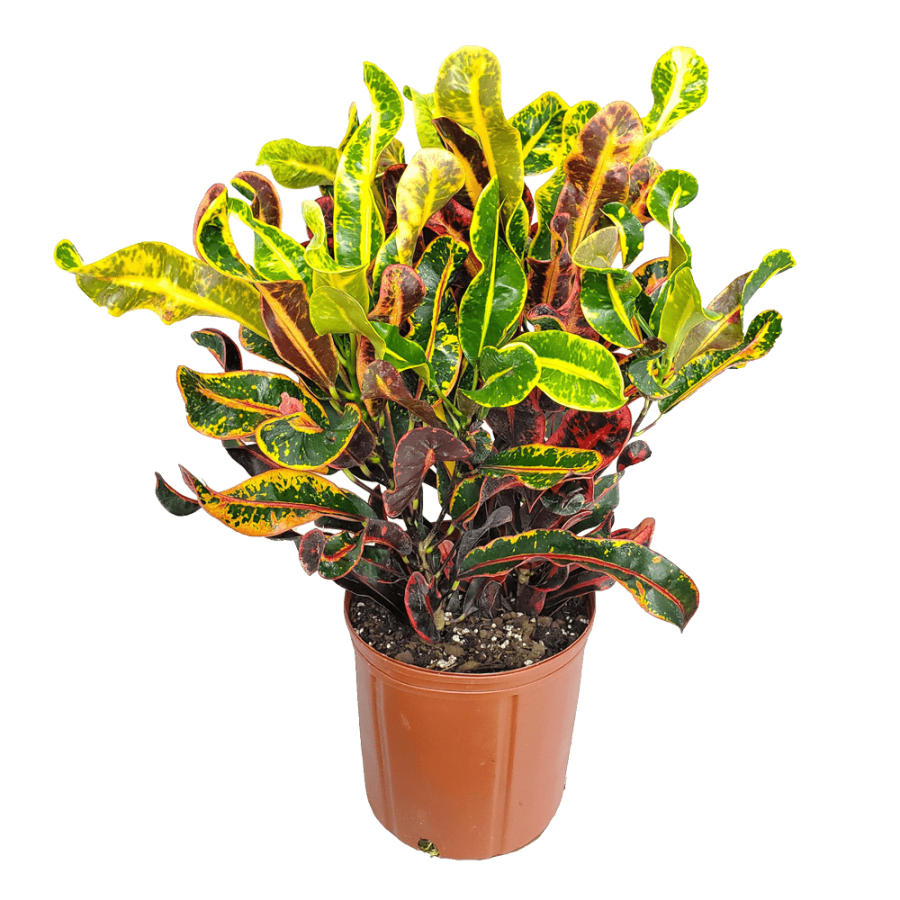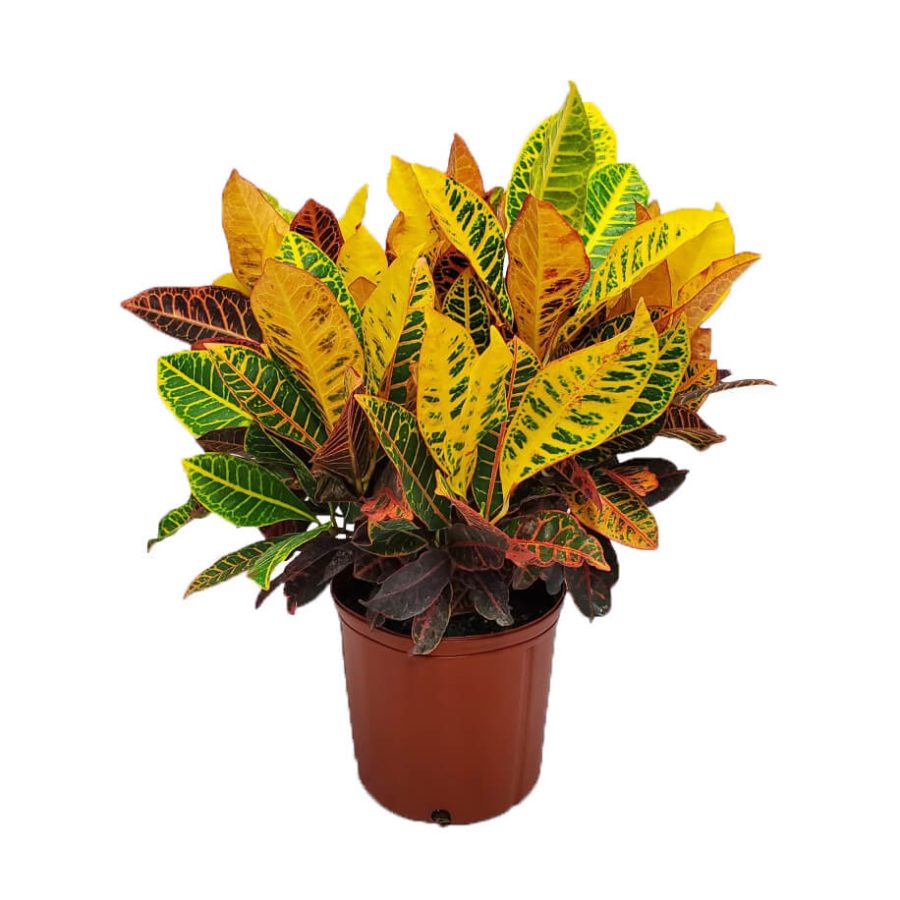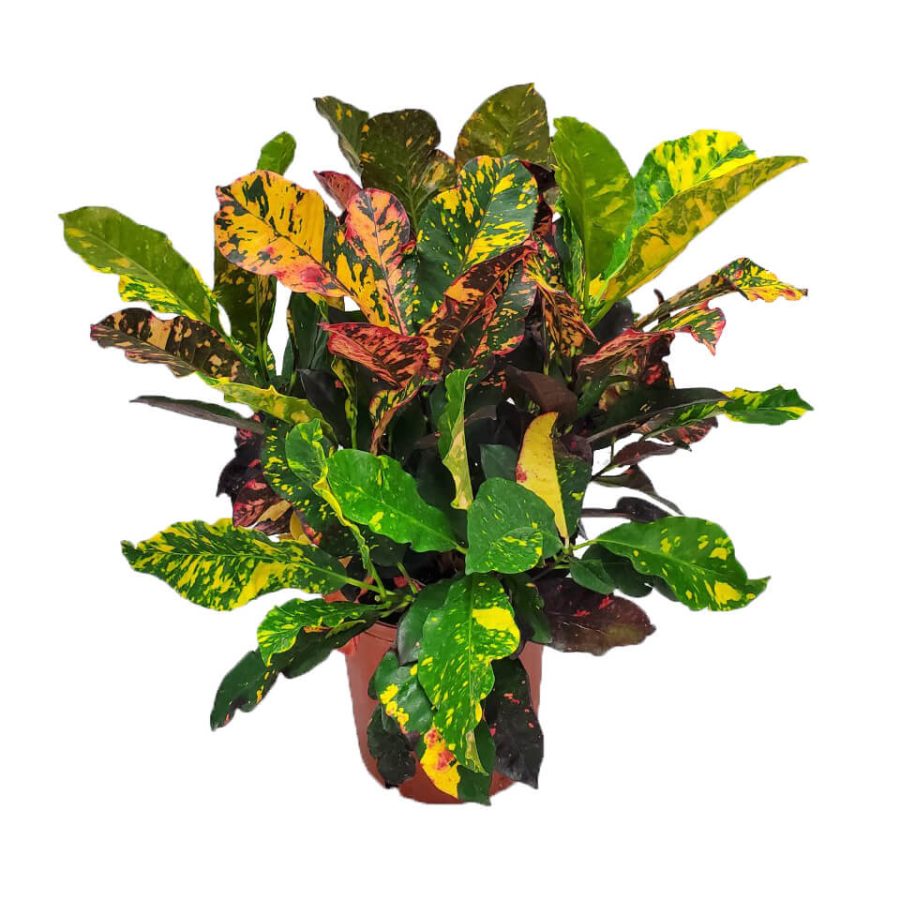Fall Care Tips for Tropical Plants
Fall plant care tips for your vibrant tropical garden
As the vibrant colors of autumn emerge and the temperatures begin to dip, it’s time to shift your attention to fall plant care. Ensuring your plants are well-prepared for the cooler months ahead can help them thrive throughout the fall. In this guide, we will explore tropical plant care tips during the fall months.
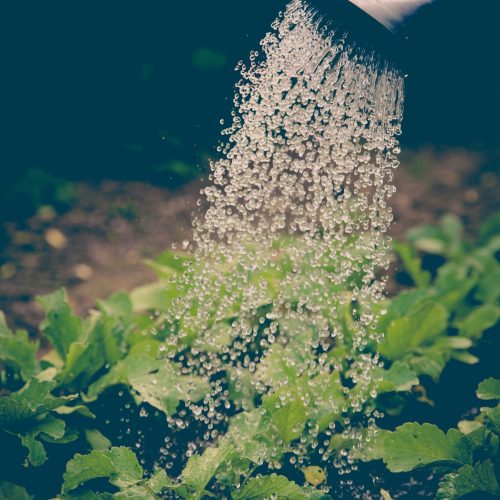
Watering Your Tropical Plants
Fall typically brings cooler and often rainier weather. Adjust your watering schedule with these care tips to adapt to these changes.
How Do I Know When I Need to Water?
Water takes longer to evaporate as the temperature drops. Water less frequently only when top inch of the soil feels dry. Aim to keep the soil evenly moist, but not damp to prevent root rot
When Should I Water My Plants?
Water your plants in the morning to allow excess moisture to evaporate during the day. This will reduce the risk of fungal diseases that thrive in cool, damp conditions.
Fertilizing Tropical Plants for Fall
As autumn sets in and the weather changes, it’s time to fine-tune your plant nutrition strategy. Follow these tips for the best plant care.
What Type of Fertilizer Should I Use?
Reduce or stop using high-nitrogen fertilizers. Opt for balanced, slow-release, fertilizer to provide essential nutrients without stimulating growth.
How Can I Enhance My Soil?
Try adding organic matter like compost into the soil to improve nutrient retention and soil structure.
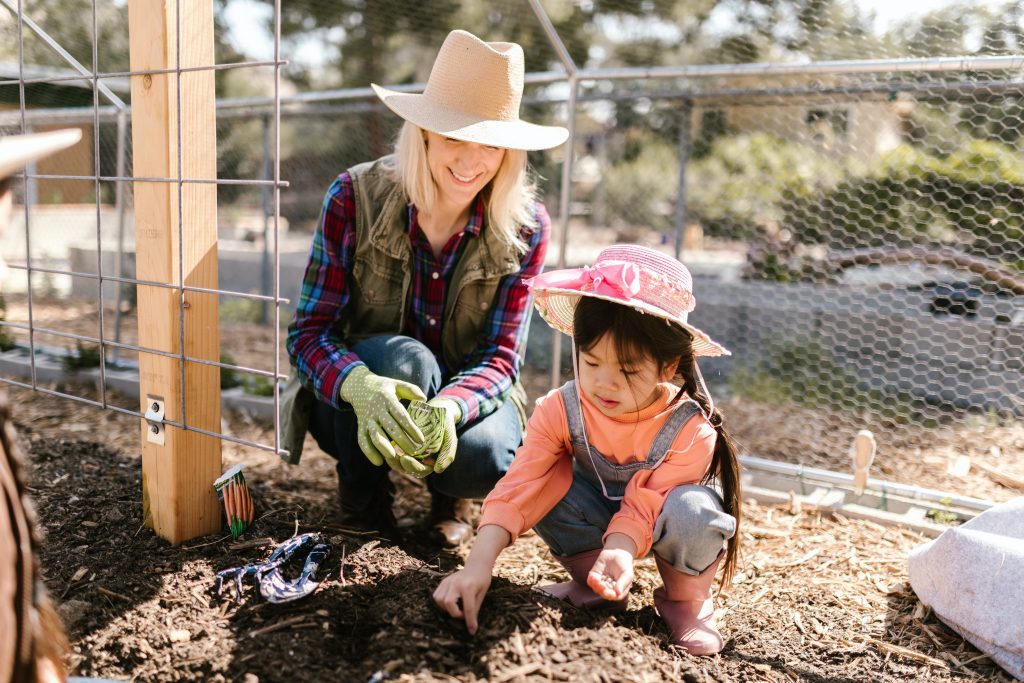
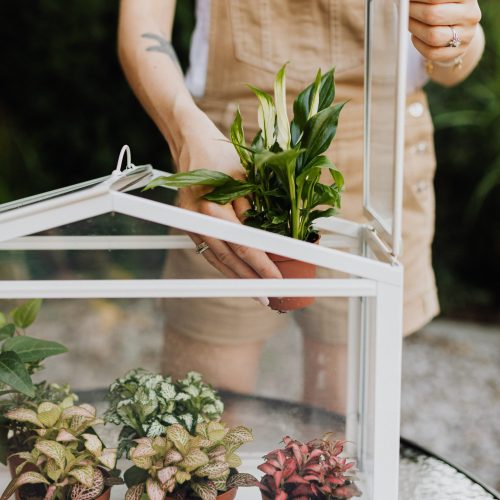
Preparing Outdoor Plants for Fall
For outdoor plants that can withstand temperatures consider these care tips:
Mulching
Apply a layer of mulch around the base of plants to insulate the soil and help regulate soil temperature.
Provide Protection
If frost is a concern, cover sensitive plants with frost cover or blankets overnight, and remove them during the day.
Pruning
Trim dead or diseased branches to promote healthy growth in the spring.
Bringing Tropical Plants Indoors
For those with potted plants or tropical plants that can’t survive the cold, transitioning them indoor is essential.
When to Bring Them Inside
We recommend you start moving plants inside once temperatures drop under 55 degrees Farenheight.
Check for Pests
Before bringing plants indoors, inspect them for pests. Wash your plants before bringing them in, and spray them with diluted neem oil to repel pests.
Best Location for Indoor Plants
The best place for indoor plants is near bright, indirect sunlight. Be mindful of drafts, and heaters, which can affect humidity levels.
Add Humidity
Indoor humidity is usually lower. Keep your plants hydrated by misting them 1-3 times a week and keep them close together to increase humidity. You can also consider investing in a humidifier especially if you have tropical plants.
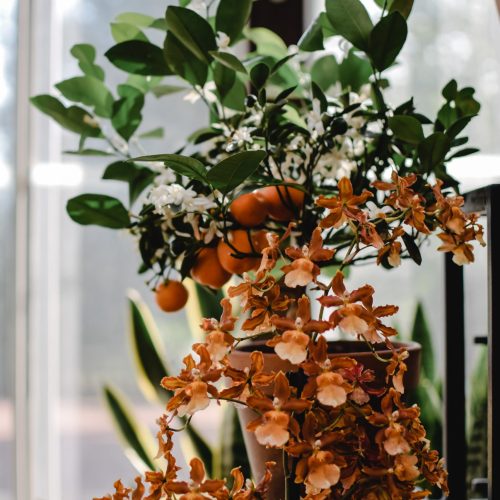
Shop Our Fall Favorites
Explore our Fall Favorites collection and elevate your gardening this autumn. Shop now to bring the beauty of fall into your space with these recommended plants. Don’t miss out on the chance to create a vibrant, colorful, and cozy environment as the leaves change and the crisp fall air sets in.
-
Croton Mammy
From $29.99 This product has multiple variants. The options may be chosen on the product pageRated 5.00 out of 5 -
Croton Petra
From $29.99 This product has multiple variants. The options may be chosen on the product pageRated 5.00 out of 5 -
Croton Magnificent
From $29.99 This product has multiple variants. The options may be chosen on the product pageRated 5.00 out of 5
These fall plant care tips are essential for keeping your garden healthy. By following these care tips, you’ll be well-prepared to nurture your plants during the fall season, ensuring they thrive and stay vibrant. So, remember these tips for a successful fall garden. Happy gardening!

